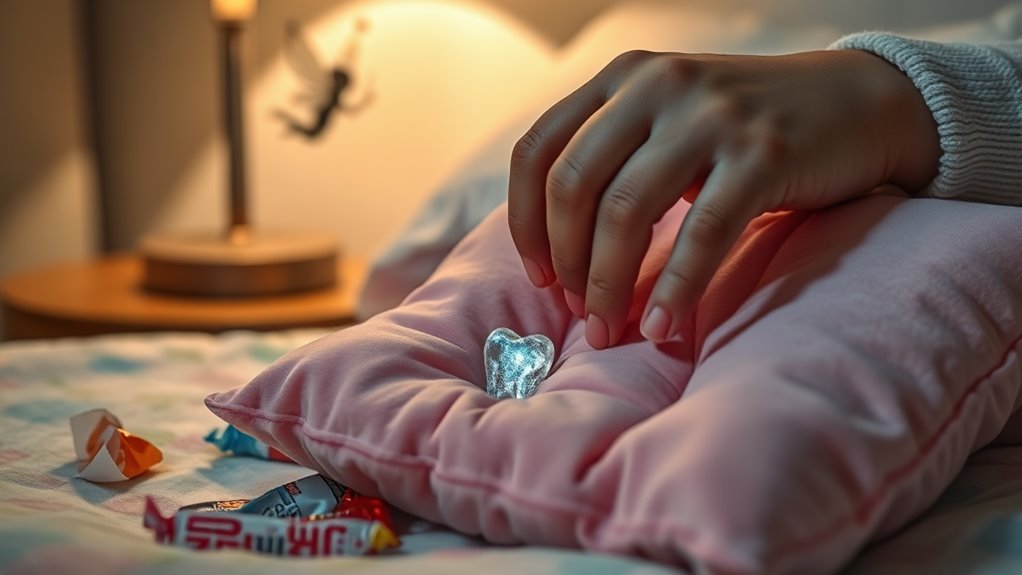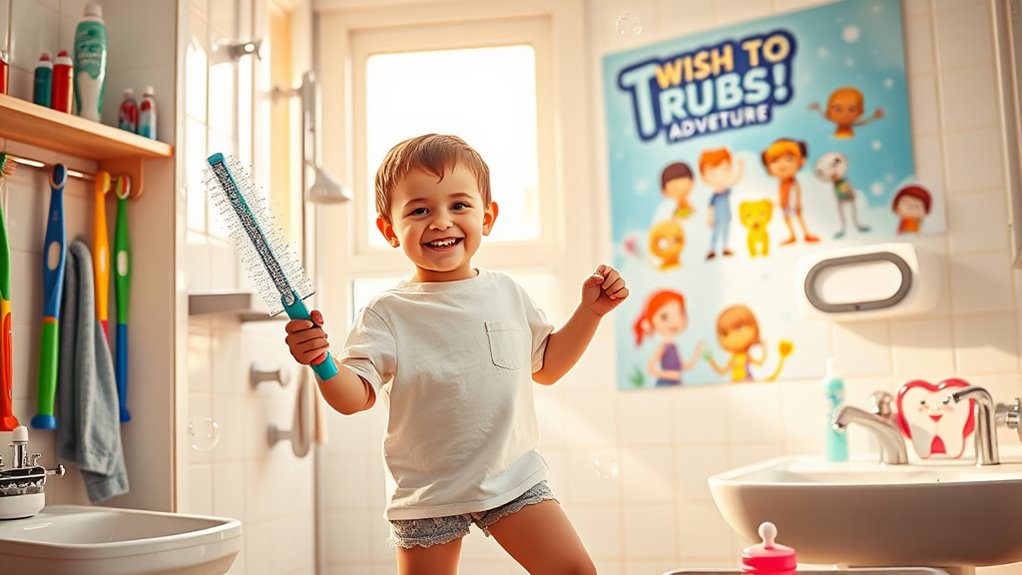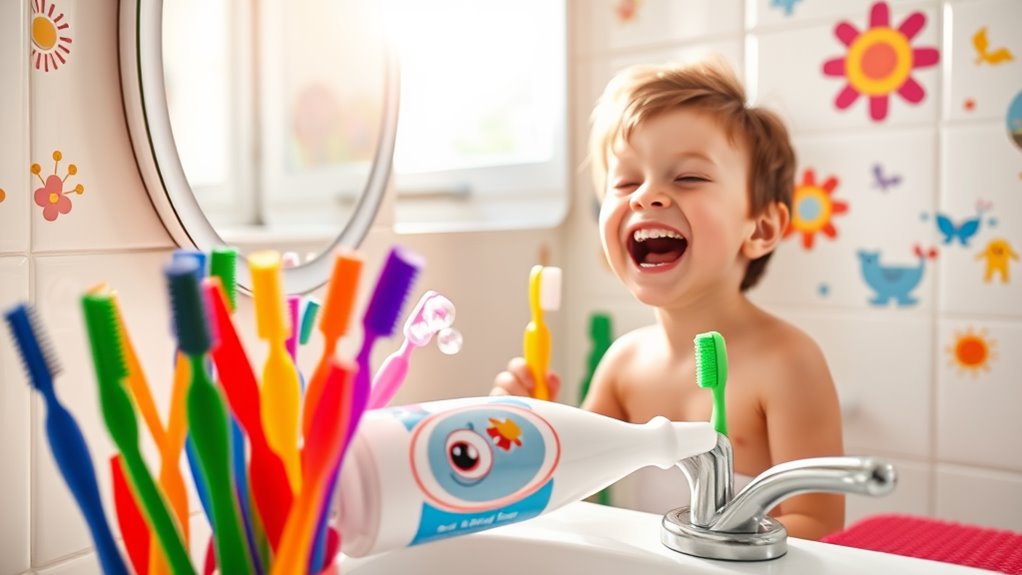Baby Teeth Don’t Matter. Here’s Why That’s a Dangerous Lie!
Don’t fall for the dangerous myth that baby teeth don’t matter. Your child’s primary teeth play crucial roles in jaw development, speech formation, and proper alignment of permanent teeth. Without healthy baby teeth, your child could face serious orthodontic issues, speech impediments, and increased cavity risks later in life. You’ll want to protect these temporary teeth as carefully as permanent ones – there’s much more to understand about their lasting impact on your child’s future.
The Hidden Role of Baby Teeth in Jaw Development
Although baby teeth eventually fall out, they serve as crucial placeholders that guide proper jaw development. These temporary teeth maintain the correct spacing and alignment needed for permanent teeth to emerge in their ideal positions.
When you lose baby teeth too early due to decay or injury, the remaining teeth can shift, leading to crowding and misalignment issues.
Your child’s baby teeth also play a vital role in facial bone growth and development. They help shape the roof of the mouth, guide tongue positioning, and support proper speech development.
The presence of healthy baby teeth ensures that jaw muscles develop correctly and that your child’s bite aligns properly. Without these primary teeth acting as natural space maintainers, your child may need orthodontic intervention later to correct spacing problems.
Early Dental Care: Setting the Foundation for Lifelong Oral Health
When your child’s first tooth emerges, it’s time to start building healthy dental habits that will impact their oral health for life. Begin brushing with a soft-bristled infant toothbrush and water, then graduate to fluoride toothpaste once your child learns to spit. Schedule their first dental visit by age one or within six months of that first tooth.
You’ll need to brush your child’s teeth until they develop proper manual dexterity, usually around age six. Make brushing fun by singing songs, using timer apps, or letting them pick their toothbrush design.
Remember to model good oral hygiene yourself – children learn by watching you. Establish a consistent routine of brushing twice daily and avoid sugary drinks and snacks between meals to protect those precious baby teeth.
Common Myths About Primary Teeth and Their Real Impact
Many parents mistakenly believe that baby teeth don’t matter since they’ll fall out anyway. This dangerous myth ignores how primary teeth impact your child’s development, speech, and future oral health. Baby teeth serve as vital placeholders for permanent teeth and help develop proper jaw alignment.
| Myth | Reality | Impact |
|---|---|---|
| Cavities in baby teeth aren’t serious | Decay can spread to permanent teeth | Pain, infection, early tooth loss |
| Baby teeth don’t need brushing | Poor habits lead to long-term problems | Increased risk of future cavities |
| Lost baby teeth aren’t important | Missing teeth affect development | Speech issues, crowding, bite problems |
Your child’s primary teeth deserve the same care as permanent ones. They guide proper teeth spacing, enable clear speech development, and allow proper chewing for good nutrition.
How Baby Teeth Guide Permanent Tooth Placement
Baby teeth serve as essential guides for permanent teeth, acting like natural space maintainers in your child’s developing mouth. When your child loses a baby tooth too early, the surrounding teeth can shift into the empty space, blocking the proper path for incoming permanent teeth. This misalignment can lead to crowding, crooked teeth, and potential orthodontic issues later.
Think of baby teeth as placeholders that create a roadmap for adult teeth. They maintain proper spacing and help jaw development, ensuring permanent teeth emerge in their correct positions.
If decay or injury forces early removal of baby teeth, your child might need space maintainers to prevent neighboring teeth from drifting. That’s why protecting primary teeth through good oral hygiene and regular dental visits isn’t just about preventing toothaches—it’s about securing your child’s future smile.
The Connection Between Baby Teeth and Speech Development
Primary teeth play a crucial role in your child’s speech development, helping them form sounds and words correctly as they learn to talk. Your child’s teeth, tongue, and lips work together to create specific sounds and pronunciations.
When baby teeth are missing or damaged, it can affect their ability to speak clearly.
Here’s how baby teeth impact speech:
- Front teeth help form “th,” “s,” and “f” sounds by controlling airflow and tongue placement.
- Back teeth maintain proper spacing for clear pronunciation of “g,” “k,” and “y” sounds.
- The alignment of baby teeth guides tongue positioning for “l” and “r” sounds.
Early tooth loss or decay can lead to speech impediments that may require therapy to correct, so it’s essential to protect those primary teeth until they naturally fall out.




